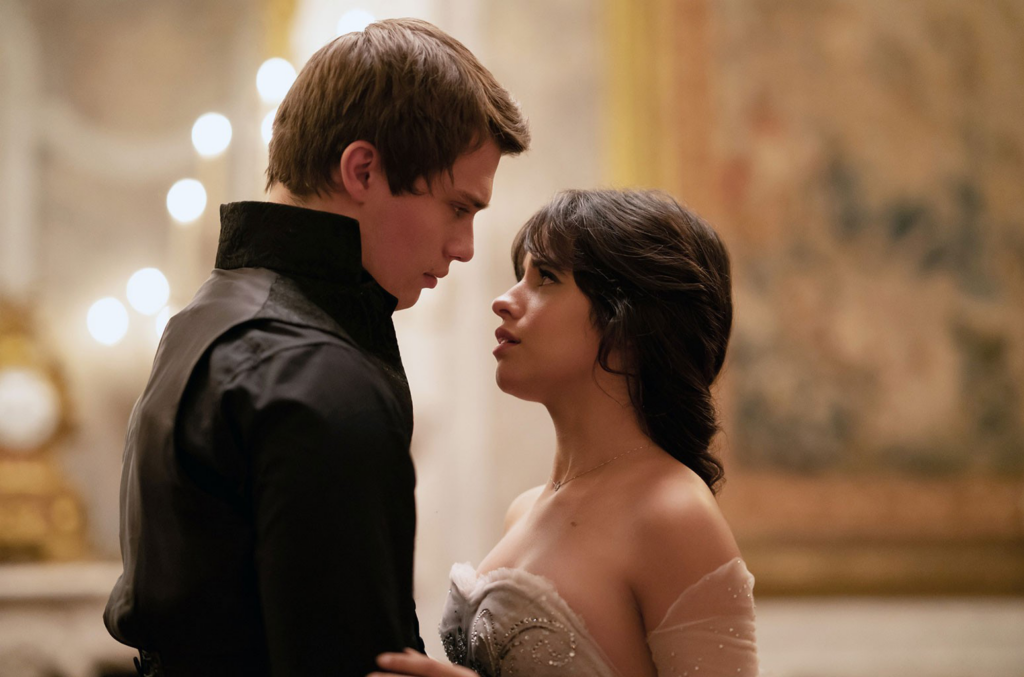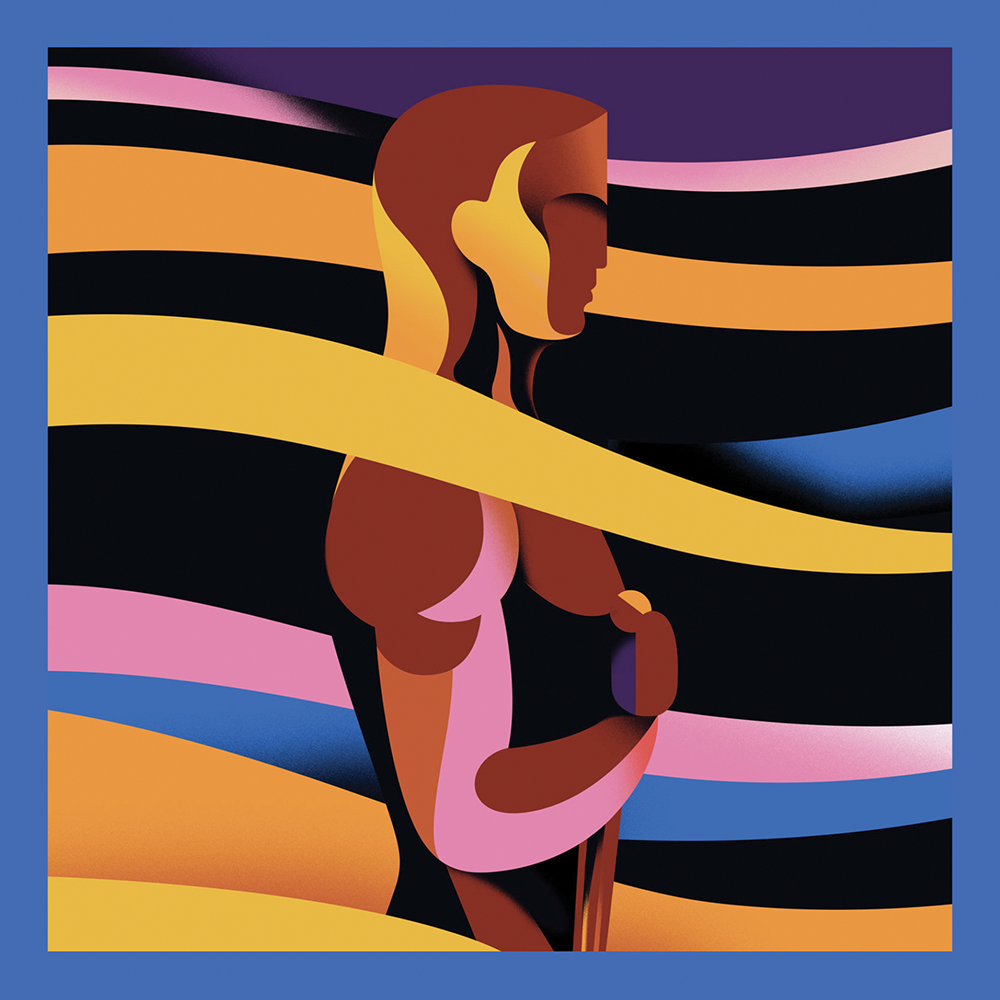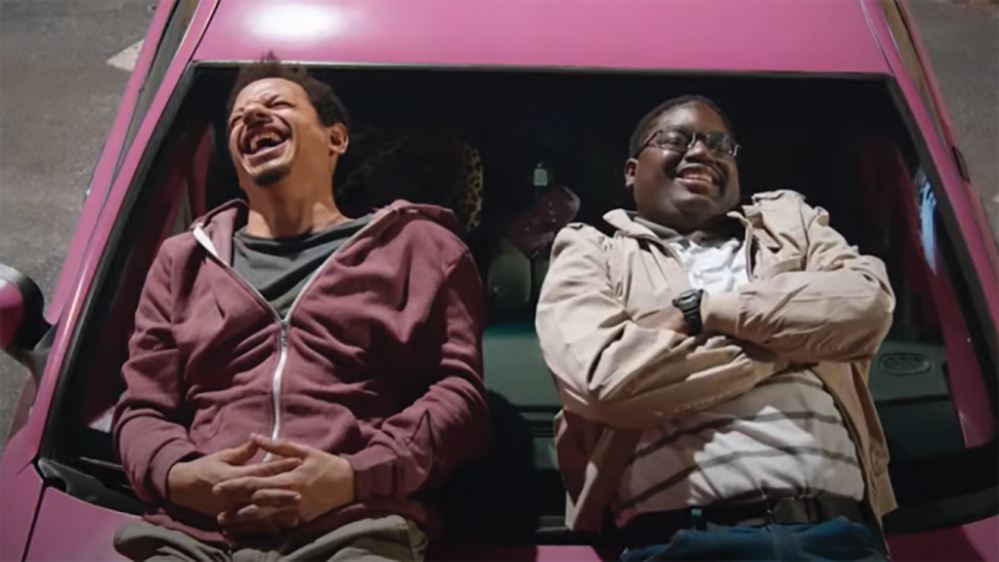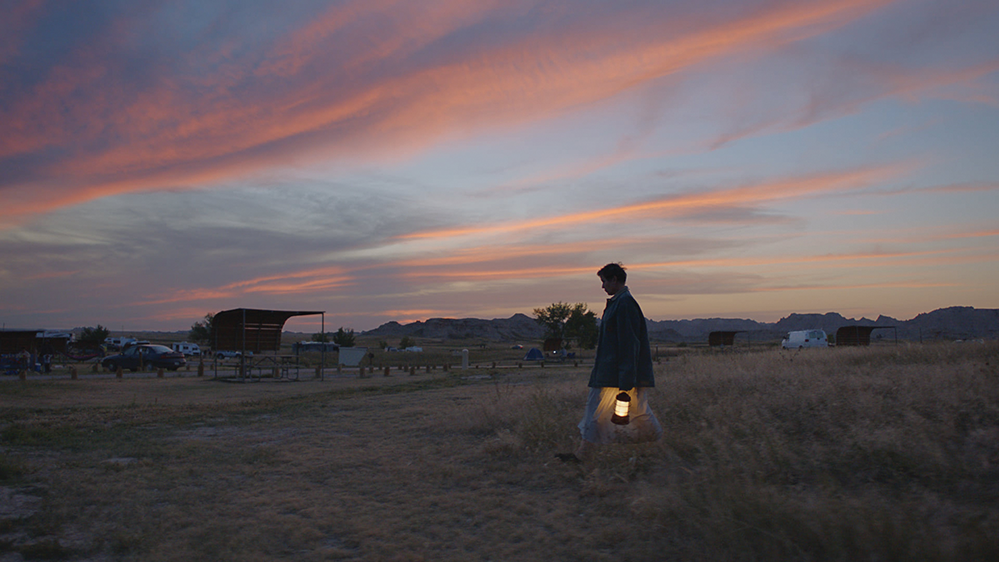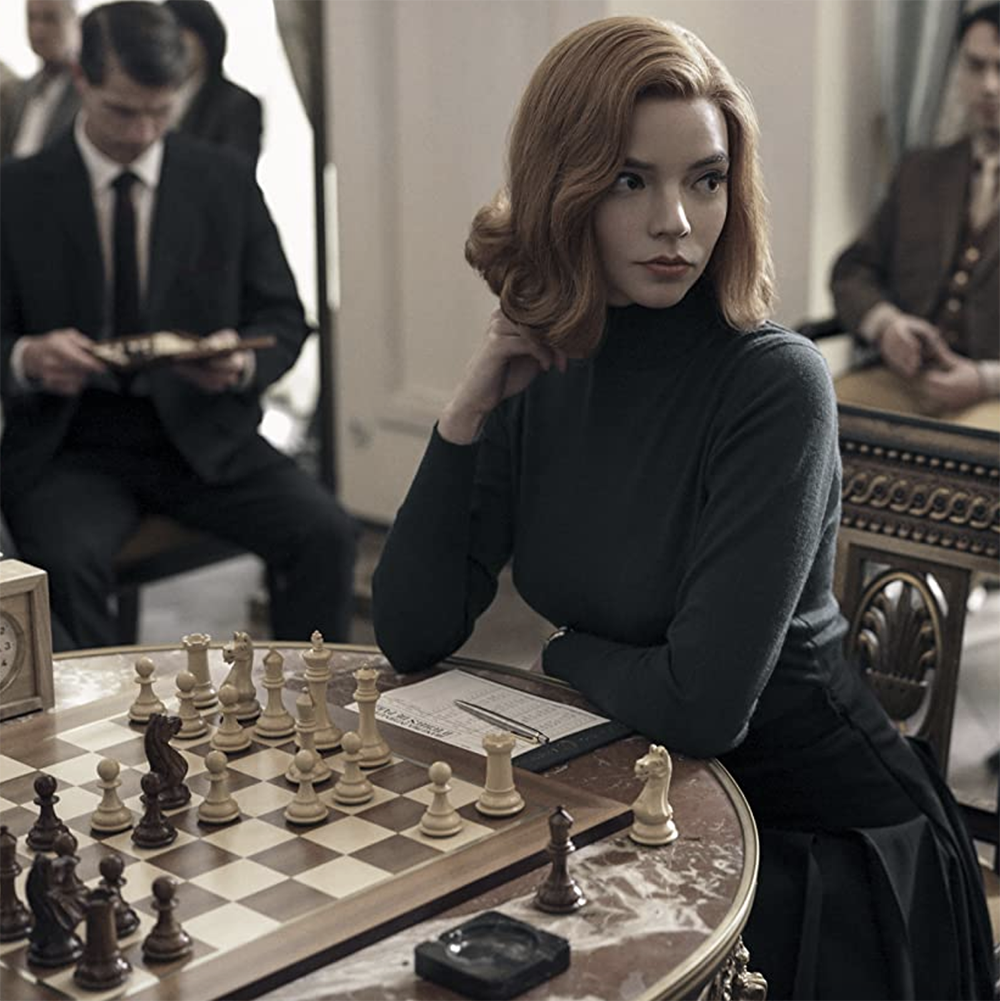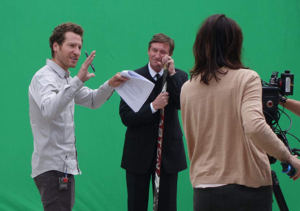
Gabe Polsky sees the magic in sports, both right there in the stadium and hidden within the statistics. His new documentary, “In Search of Greatness,” takes a critical look at the creativity behind the actions of sports legends, and the ways that they follow or break the rules to achieve greatness.
The award-winning American film director, producer and writer is best known for “Red Army,” a documentary film about the Soviet Union and its prominent ice hockey team. In 2017, Polsky worked as an executive producer on the “Genius” series on National Geographic, a scripted drama that covered the lives of famous intellectuals including Albert Einstein and Pablo Picasso and which was nominated for 10 Emmys.
Polsky’s new documentary “In Search of Greatness” was released to theaters in the United States on Nov. 2 and attempts to uncover the true nature of greatness through in-depth interviews with sports world legends Wayne Gretzky, Pelé and Jerry Rice.
Polsky spoke with The Hoya about “In Search of Greatness” in an enlightening interview where he explains how his frustration with an overbearing college hockey coach sparked his investigation of creativity in sports.
What inspired you to make “In Search of Greatness,” and what excited you about this project?
When I was a kid, when I went to the stadium for any sport to watch the players for Chicago, I would always be excited by the things some of the athletes would do — the creative things, like the magic, the unpredictability, the skill, the beauty — that was what I couldn’t wait to see. And it happened rarely and you don’t always see something amazing happen, you know? But you just hope you see an amazing goal that required a lot of beauty and skill and all that.
But then when you went back to practice, or even in school, no one is sort of talking about how important it is to experiment and be creative. And in fact oftentimes they discourage it. They say: “Listen, don’t show off, don’t be creative, don’t think outside the box.” They want you to conform and do exactly as you are told, otherwise you are looked at as some kind of rebellious headcase or something.
I was always sort of fighting against that, I felt. I started to wonder if the greatest athletes of all time are always being creative or whatever. How did they — did they ever compromise their creative vision? Did they ever have to conform? How did they get to that place? Who let them do that?
I use the word “let” because it really is like that. You have to have teachers that encourage that and allow it to flourish, your self-expression. So, I kind of knew that people weren’t there to listen to me. The best mouthpiece would be the greatest athletes of all time and to see what they thought.
At a certain point, I always felt that this kind of film had to be made and had to get out there and people had to know this. Because the power of a coach or teacher is tremendous, both positive and negative. And the more people understand what greatness is, the healthier our society will be and the more we can nurture greatness in every field.
What were some of the most difficult challenges you faced while filming “In Search of Greatness”?
Getting the athletes was the most difficult, first of all, for obvious reasons. And the amount of time they gave me was limited. So I had to make a film, a great film, and I’m not patting myself on the back, but I had very little time. There are a lot of filmmakers that say, “Oh wow, I had 10,000 hours of footage I had to go through.” I’m proud to say I had 10 hours of footage total to make a whole film. The athletes — I only had an hour and 20 minutes with each of them. Being really focused and able to do that — that was a challenge.
The main challenge I find consistently in any film is finding the money and the distribution aspects of it. And the salesmanship, in both finding the money and then afterwards. You wouldn’t believe how difficult it is, even if you have a great film, to find distribution and the politics. That’s the hardest thing.
Ina recent interview with Deadline you said “The systems meant to cultivate us often stifle us instead, discouraging qualities that typically define those who leave a mark on the world: imagination, instinct and individuality.” In a world where these systems seem evermore present in our daily lives, what do you suggest we do to combat this reality and reach our full potential?
The more we understand the nature of greatness — how related is it to creativity and self-expression, freedom of play and experimentation in any field, whatever it is, medicine, business — the healthier and better our society will be on every front. The more we try to force people to do things and to conform, the less healthy our society will be.
We can’t have anarchy. Everyone knows intuitively that there needs to be fair rules to the game or our society will collapse. But within those [rules] there needs to be freedom. We’re not robots. The more you treat people like robots, the worse results they’ll get and also people will be very unhappy.
As a former college hockey player at Yale University, did you personally feel pressure to achieve greatness on the field?
As a college athlete, my experience in particular was what formed this film. What happened to me in college, it basically left such a mark on me that I felt this message had to be told. I had a coach, he wanted you to do what you were told and if you didn’t, you weren’t playing. I basically lost the love of the game after my junior year.
It was a difficult experience, but I didn’t want to compromise my expression of the game. I thought that if I did, I’d basically lose my soul, and not have any fun. So what’s the point in playing? By losing that joy, I started to realize what it is all about.
Secondly, for college students, I think you really need to understand what brings you joy, you know? You have to trust that if you find that, you will have a good and healthy life and to really pursue that passion, because you’ll never lose that. Not to feel any pressure, but to find what brings you joy. And I’m not being cliché, but it really is true. Otherwise, you’ll never be happy. If you’re not doing something that makes you happy, you’ll never be happy. That’s it. How can you be? You need to do something that’s true to what you believe in, if you don’t you know right away, you know? And be open-minded that we all have a power to have an effect on each other. We’re all so different, you know? But we all have something to say, and everybody needs to get out there.
Do you have any advice for aspiring young filmmakers?
My advice is just to not get discouraged. There’s a lot of rejection. To not get discouraged, and to focus … just do things that you think are engaging and entertaining, and naturally, your voice will just come out. Try and engage people, and don’t worry how you do it; your voice will come out.
Just don’t make bad stuff, you know? That’s the same with sports too. Don’t be a boring athlete. Don’t just go out there and be a robot, do something interesting with the puck, do something interesting with the camera. Bring yourself, bring a sense of artistry to it.








